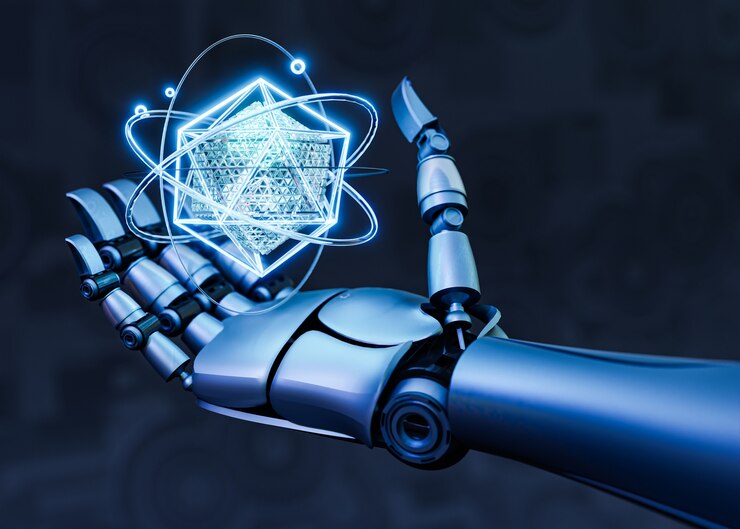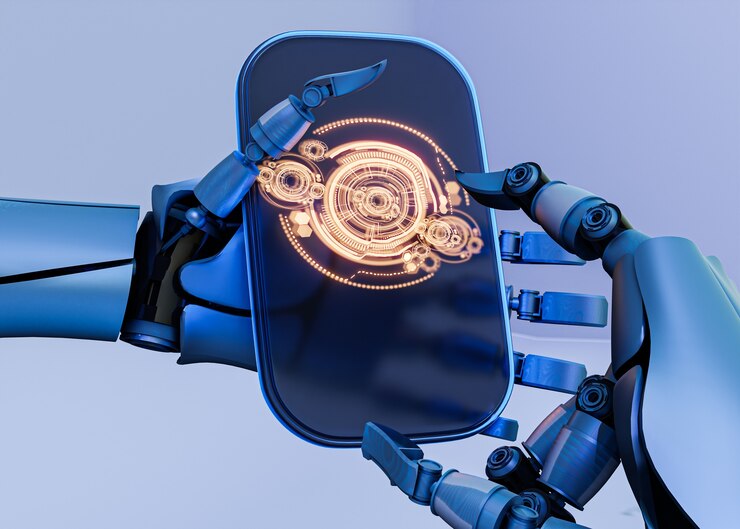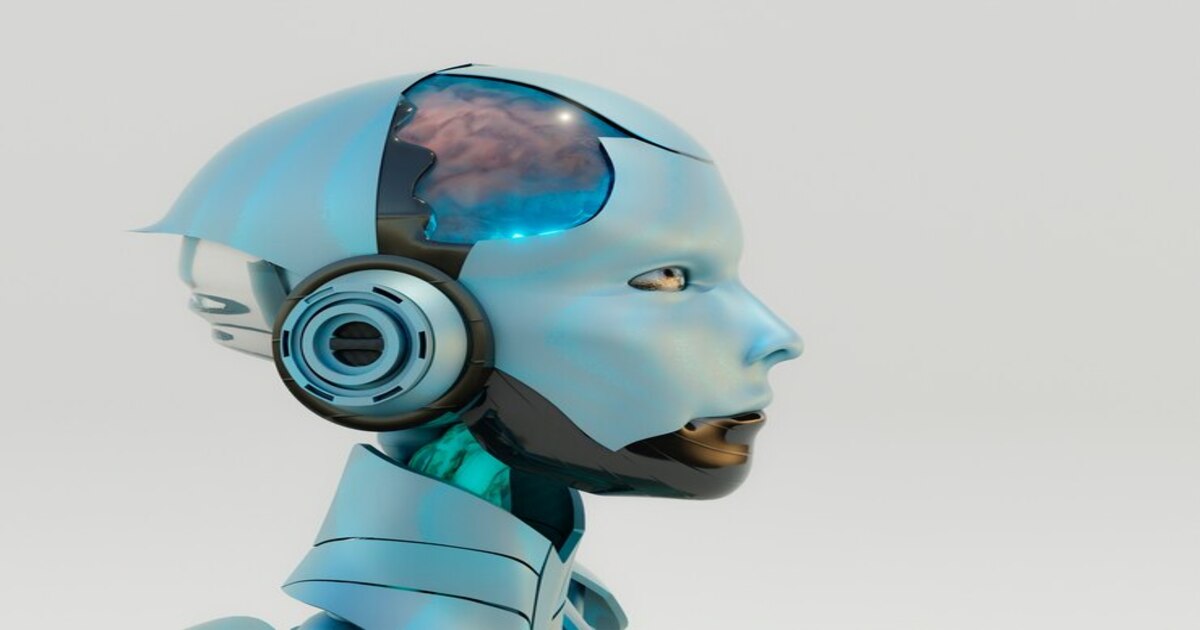The Era of Intelligence
We live in a fascinating era where artificial intelligence (AI) and machine learning (ML) are becoming increasingly prominent in our daily lives. As we approach 2024, it is exciting to consider how these technologies will continue to shape and transform our world. In this article, we will explore six ways in which Machine Learning will dominate the coming year, driving innovations and impacting various sectors.
1. Health and Accurate Diagnoses
The healthcare sector will see significant advancements in 2024, thanks to Machine Learning. With increasingly sophisticated algorithms, the ability to diagnose diseases accurately will be enhanced. Data analysis tools will be able to identify subtle patterns in medical tests, providing faster and more efficient diagnoses. This will not only save time but also increase the chances of successful treatment.
2. Mass Customization in E-Commerce
In the world of e-commerce, Machine Learning will play a central role in personalizing the customer experience. With algorithms capable of analyzing purchase history, preferences, and online behaviors, retailers will be able to offer more precise and relevant recommendations. Mass customization will become the norm, providing consumers with a more satisfying shopping journey.
3. Enhanced Cybersecurity
As cyber attacks become more sophisticated, Machine Learning will be crucial in defense against virtual threats. Machine learning algorithms will be able to analyze suspicious behavior patterns and identify potential threats before they cause significant harm. Cybersecurity will benefit significantly from this predictive capability, providing an additional layer of protection.

4. Efficiency in Industrial Production
In the industry, Machine Learning will revolutionize production. With autonomous systems and optimization algorithms, factories will be able to operate more efficiently. From quality control to predictive maintenance of machines, the integration of machine learning will result in more agile, economical, and reliable industrial processes.
5. Advanced Virtual Assistance
Virtual assistance will become more advanced and intuitive with Machine Learning. Chatbots and virtual assistants will be able to understand and respond more naturally, adapting to individual user preferences. Human-machine interaction will become closer to human communication, offering effective support in a variety of sectors, from customer service to healthcare assistance.
6. Personalized Education and Continuous Learning
In education, Machine Learning will enable a more personalized approach to learning. Algorithms will be able to analyze students’ performance and adapt teaching material according to their specific needs. This will not only maximize the effectiveness of teaching but also encourage lifelong learning, preparing individuals for an ever-evolving world.
7. Ethical Challenges and Key Considerations
While we celebrate the advances of Machine Learning, it is crucial to address the ethical challenges associated with this technology. Mass data collection, user privacy, and algorithmic bias are concerns that must be carefully considered. It is imperative that the implementation of Machine Learning be guided by ethical principles, ensuring it benefits society as a whole without harming specific groups or violating fundamental rights.
Furthermore, accessibility and inclusion must be priorities in the integration of technologies like Machine Learning. Ensuring that these innovations are available to all layers of society is essential to avoid disparities and promote an equitable future.

8. The Importance of Education and Awareness
To fully harness the benefits of Machine Learning, a concerted effort in education and awareness is required. Empowering individuals with knowledge about how these technologies work and how they can be used responsibly is fundamental. This will not only strengthen public understanding but also help create a culture where innovation is guided by ethical and social considerations.
9. Collaboration as the Key to the Future
The advancement of Machine Learning does not happen in isolation; it is a collaborative effort involving the scientific community, private sector, government, and society at large. Effective collaboration is crucial to developing robust ethical regulations, promoting security standards, and ensuring the implementation of these technologies is transparent and responsible.
As we head into the future where Machine Learning becomes a dominant force, it is essential to remember that the success of this technological revolution depends on how it is managed and implemented. By prioritizing ethical considerations, promoting accessibility, and investing in education, we can ensure that Machine Learning becomes a powerful tool for the betterment of humanity.
In 2024, we will witness the continuous evolution of these technologies, shaping not only the next year but also the years to come. The challenge is to balance innovation with responsibility, leveraging the full potential of Machine Learning to create a smarter, more inclusive, and ethical future.
Did you like this topic? See more content about: AI & Machine Learning
SOURCE: medium





